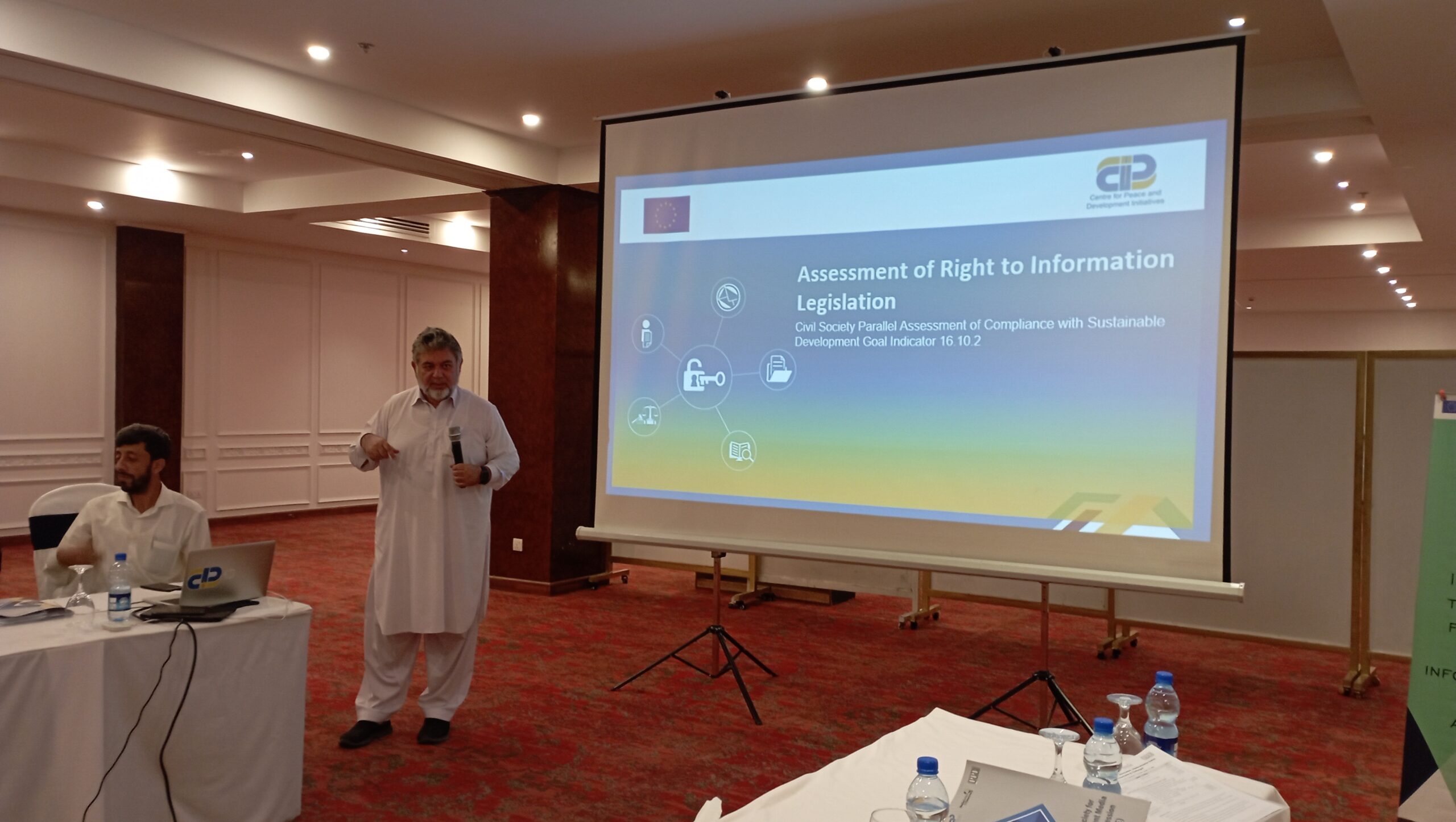Public bodies unwilling to follow requirements of RTI Act: Study
Public bodies lack understanding of legal obligation to respond to RTI requests

ISLAMABAD: Ministries and government departments along with other public bodies do not follow the requirements of the Access of Right to Information Act, 2017 in letter and spirit, a study report stated.
The Centre for Peace and Development Initiatives (CPDI) conducted a study titled ‘Assessment of Right to Information Implementation’ to identify gaps regarding proactive disclosure of information, implementation of specific institutional measures, and responses to RTI requests.
The study revealed that public bodies lack a comprehensive understanding of their legal obligation to respond to RTI requests and, in most of the instances, ignore them altogether. The public bodies have failed to acknowledge the receipt of information requests and haven’t provided the information within the stipulated time of ten working days as given in the law.
The study found that the ministries and departments have failed to impart training to Public Information Officers (PIOs) and sensitize them about the legal requirements of the Right to Information.
Most of the ministries selected for the study develop yearbooks; however, no department has included the figures about the RTI requests in the yearbook or has published any separate report for RTI implementation in their ministry or department, findings of the study revealed.
One piece of information missing across the board was about the contract documents. Most public bodies published their tender documents; however, information about the successful bidder and a copy of the final contract was missing. The other significant omission from the institutional information is the current and development budget figures.
The study report stated that the public bodies’ response to the request for information was poor. Each of the selected eight public bodies was sent two information requests. Only three public bodies, including the Ministry of IPC, MoHR, and MoF, responded to one information request.
The overall result of proactive disclosure is 0.12, which is less than the previous year’s score of 0.19. This downward trend should concern the public bodies, information commission, and civil society that things have worsened.
The study recommended a more frequent interaction between Information Commission and Public Bodies. The purpose of such interaction should be the training the PIOs and sensitizing them about the legal requirement of providing information to the citizens.




